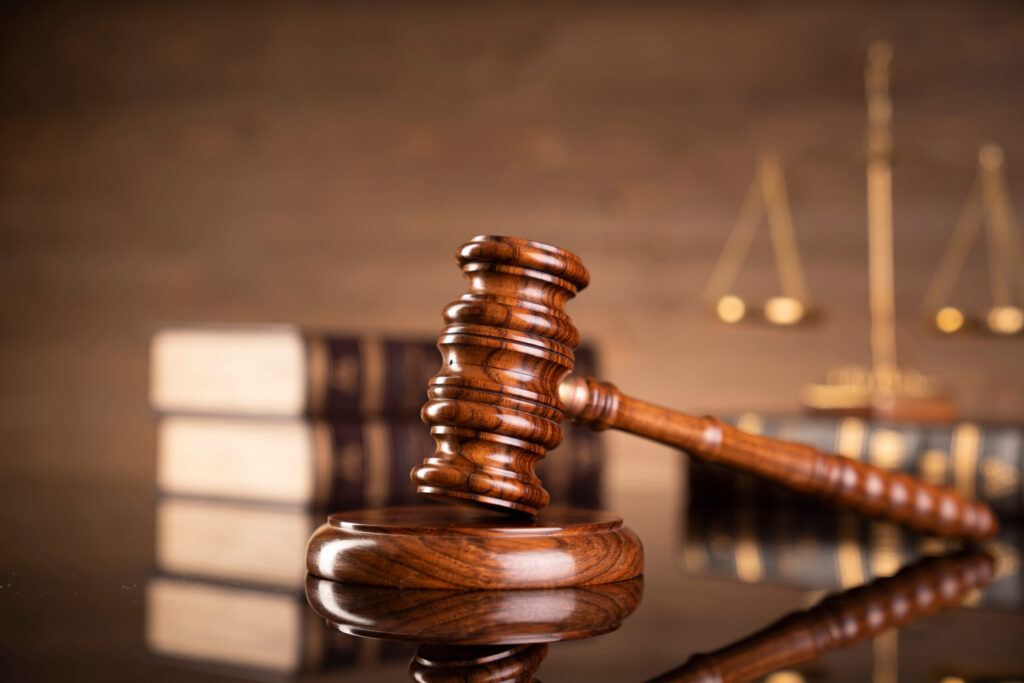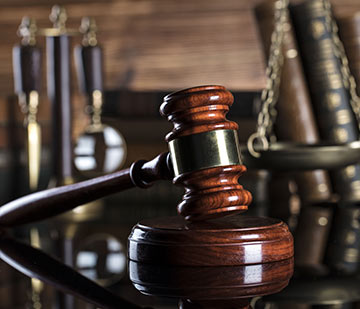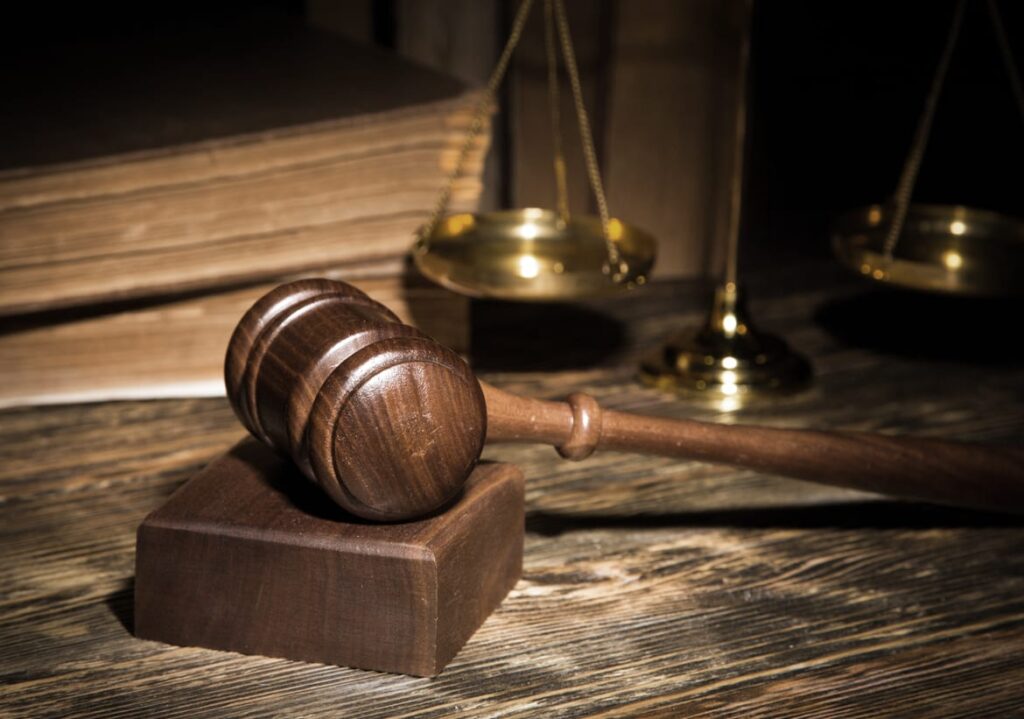In a recent landmark decision, the Supreme Court has tackled the contentious issue surrounding Electronic Voting Machines (EVMs) and Voter Verified Paper Audit Trail (VVPAT). Despite rejecting the plea for 100% matching of EVMs and VVPATs, the court has issued two pivotal directives concerning the EVM symbol loading unit.
The announcement came amidst the ongoing second phase of elections on April 26th, following the conclusion of the initial phase on April 19th. Petitioners had fervently argued for comprehensive verification, citing apprehensions regarding the transparency and reliability of the existing system. Suggestions ranged from reverting to traditional ballot papers to enhancing the current setup.
However, the Supreme Court dismissed these contentions, citing a lack of substantial evidence from the petitioners regarding flaws in the EVMs and VVPATs. Furthermore, the court underscored the deficiencies inherent in the previous paper ballot mechanism, underscoring the imperative of upholding confidence in the present system.
Despite the dismissal of the petitioners’ claims, the Supreme Court issued two directives to the Election Commission. The first mandates the preservation of the symbol loading unit (SLU) for 45 days post-election, ensuring the safeguarding of election integrity and transparency. The SLU, residing within the VVPAT machine, stores the symbols and votes cast during elections.
The second directive permits defeated candidates to request a comparison between the symbols stored in the SLU and the EVMs. However, this recourse is contingent upon the agreement of second or third-place candidates, who must also consent to cover the expenses. Should any discrepancies be uncovered in the EVMs, the candidate’s expenses will be reimbursed; otherwise, they will not.
During the proceedings, the Supreme Court proposed the consideration of utilizing a machine for tallying VVPAT slips, akin to how banks handle banknotes. However, the Election Commission raised concerns regarding the practicality of such a measure for processing the delicate slips.
Overall, the Supreme Court’s ruling seeks to inspire trust in the electoral process while addressing petitioner concerns. The court’s emphasis on upholding the integrity and transparency of elections reflects its commitment to fostering a robust democratic framework.




